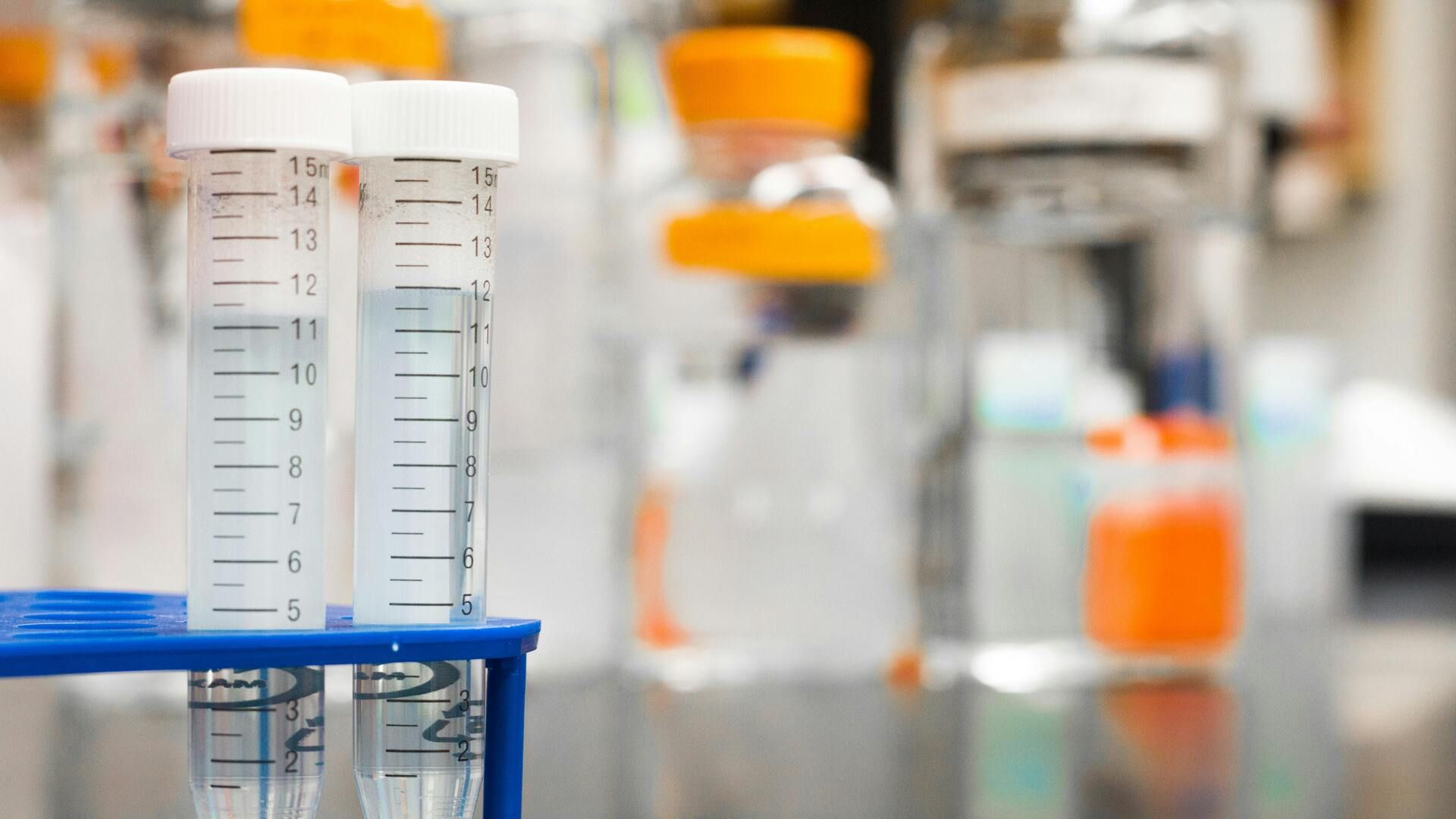The third trimester of pregnancy - what tests to take

Sarah Johnson, MD

You'll be curious to learn about your unborn child's growth during your pregnancy. Prenatal testing can provide important details about the health of your unborn child as well as your own.
Find out the advantages and hazards of every screening or test that your doctor suggests. Prenatal testing, according to most parents, helps them feel more at ease and ready for the arrival of their baby. However, you always have the right to accept or decline any test.
Routine Screenings & Other Tests
Your first visit to the obstetrician should have included a full physical, urine (pee) test, and blood test to check for things like:
- Rh factor and blood type. You might develop antibodies that could harm your fetus if your spouse has Rh-positive blood and yours is Rh-negative. An injection around week 28 can prevent complications.
- anemia, or a low level of red blood cells
- HIV, syphilis, and hepatitis B
- Immunity to varicella and rubella; • Screening for cystic fibrosis and spinal muscular atrophy, even without a family history
better with Soula

Support for every woman:
✅ A Personalized Plan to reduce anxiety and overthinking
✅ 24/7 Emotional Support whenever you need it Cycle-Aligned Mental Health Tracking — monitor your mood and symptoms in sync with your period
✅ Real-Time Insights into your energy levels and emotional state
✅ Bite-Sized Exercises to help you return to a calm, balanced state — anytime, anywhere
Up until delivery, you may anticipate having your blood pressure, weight, and urine checked at each (or almost every) visit. These routine checks help detect conditions like preeclampsia and gestational diabetes early.
Depending on your age, health, and family history, additional third-trimester tests may be offered. These may include:
Ultrasound
Ultrasound uses sound waves to show the baby’s position and development. In the third trimester, it can help assess placenta location or be part of a biophysical profile (BPP). People with high-risk pregnancies may need more frequent imaging. More details about typical ultrasound timing can be found in the guide on ultrasound during pregnancy.
Glucose screening
This test checks for gestational diabetes — a temporary condition that can affect fetal growth if untreated. After drinking a sugary solution, your blood is drawn an hour later to measure glucose.
Group B strep test
Between weeks 35–37, your doctor will swab your vagina and rectum to check for group B streptococcus (GBS). If the test is positive, you’ll receive IV antibiotics during labor to protect the baby.
Nonstress test
A nonstress test (NST) monitors fetal heart rate and movement. It’s commonly used in high-risk pregnancies or when the due date has passed, helping assess whether the baby is well-oxygenated. If the baby doesn’t react as expected, it doesn’t always mean danger — but further testing may follow. For a fuller overview of how third-trimester monitoring works, see third-trimester screening explained.
Contraction stress test
This test evaluates how the fetal heart rate responds to uterine contractions. Contractions are stimulated using pitocin, and the test may be recommended if earlier screenings suggest a concern.
Alongside these routine options, some families also consider broader genetic testing. If recommended, a genetic counselor can help clarify which conditions can be identified and what results may mean. A general overview is available in the article on genetic analysis during pregnancy.
Remember — all tests are optional. Ask your healthcare provider why a test is being recommended, what information it provides, and whether follow-up testing might be needed.
If stress around medical visits feels overwhelming, small grounding habits can help regulate your nervous system. Some people find guidance on quick dopamine-boosting techniques helpful during intense weeks of pregnancy.
If you are worried about going to the doctor or navigating pregnancy decisions, try AI mental health app. Soula is an AI assistant for Female Wellbeing, created specifically to support women through the emotional and informational challenges of pregnancy and beyond.














